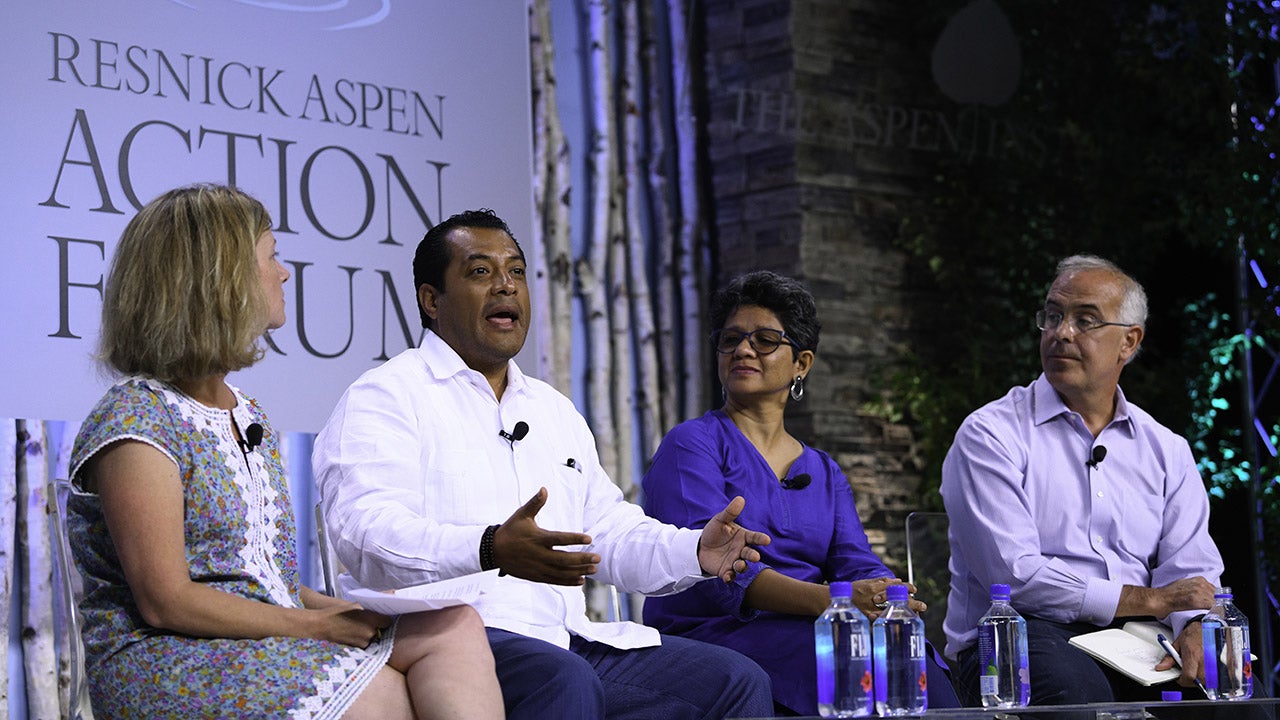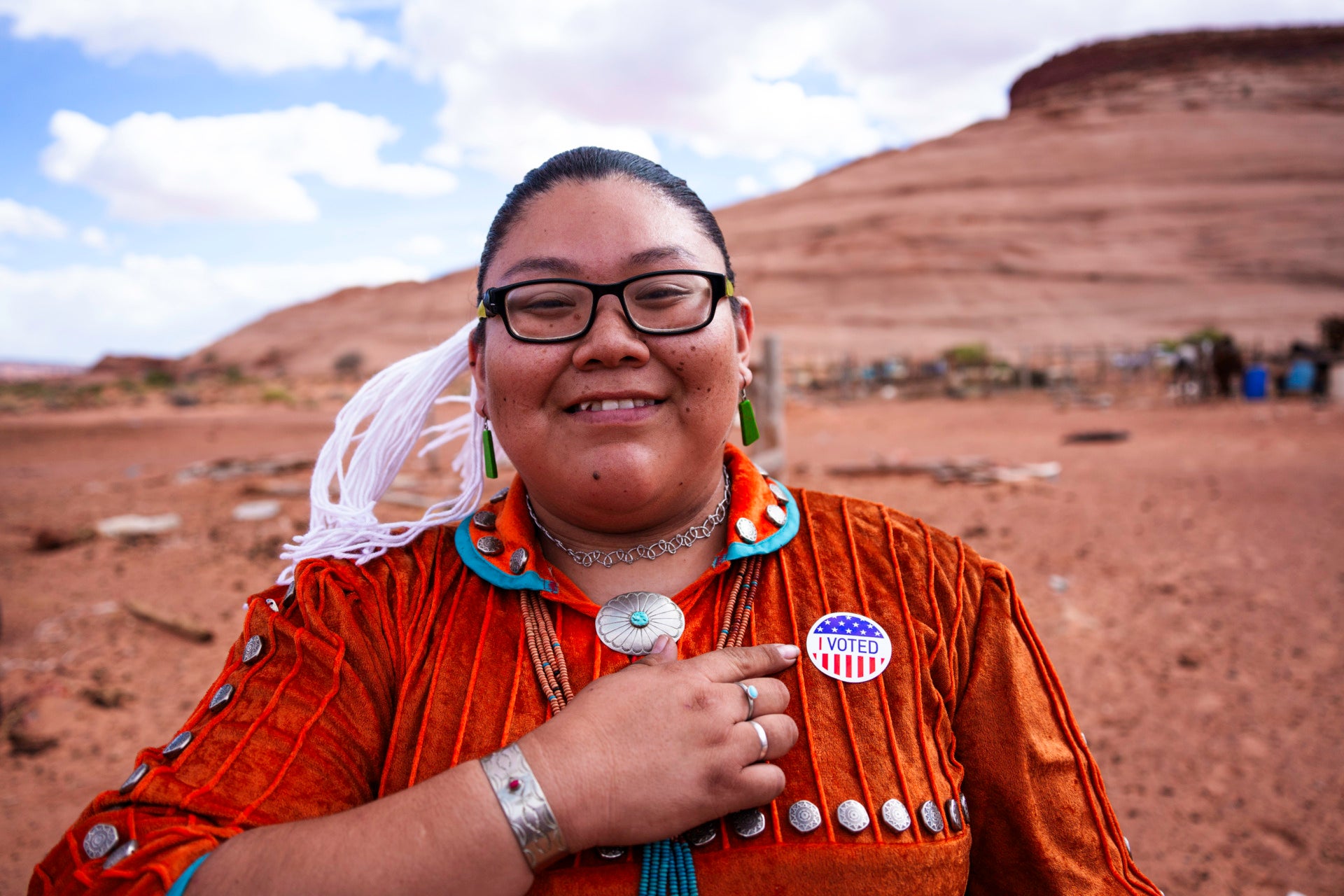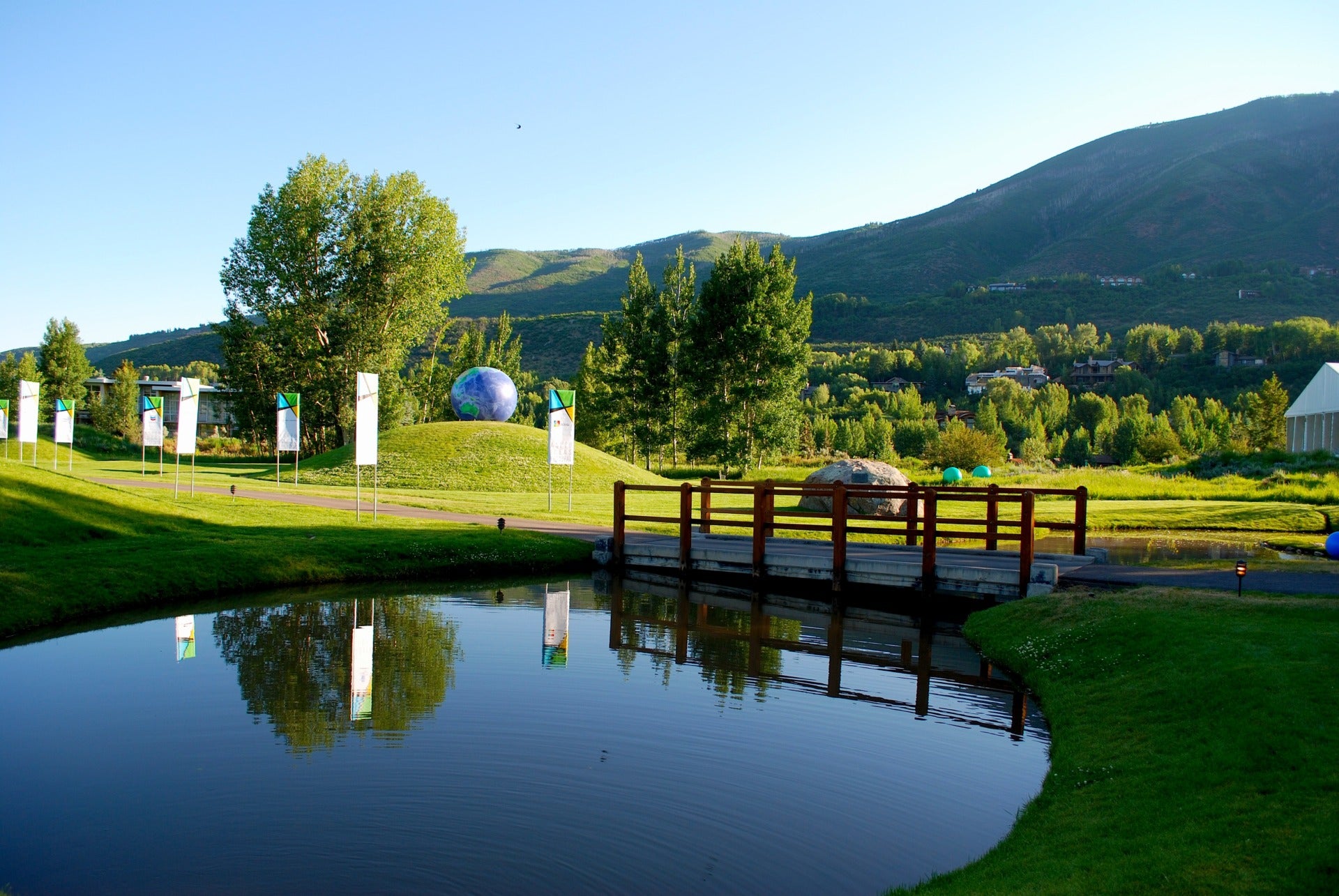Leadership and courage are not determined by age. On Friday evening at the Resnick Aspen Action Forum, Adria Goodson, chief program officer of the Pahara Institute, spoke with five young leaders from across the globe— Annabel Lee from China, Isaiah Son Pather from South Africa, Salvador Gomez Colon from Puerto Rico, Daniel Mills from Florida, and Lucia Fernandez from Georgia.
Goodson kicked off the discussion by asking the panelists how they have acted as bold leaders. Annabel has decided to focus on girls’ access to secondary education in China, an issue that she believes does not receive the attention it deserves. “I have seen China’s rapid growth and the problems that this rapid growth has led to,” she said. As a result, the country’s focus is often on pollution or the socioeconomic gap.
Last year, Annabel and her sister started Wings for Girls, a program that raises money for young girls living in remote villages to attend high school. The program also promotes awareness of China’s education gap. By the end of the year, Lee hopes to have helped eight girls achieve their dream of going to high school.
Isaiah is from Cape Town, South Africa and attends a school with a majority white population. “It can be quite a difficult environment for boys from alternative religions, backgrounds—social and economic,” he said. To address this issue, Isaiah spoke to the school’s faculty during a sustainability conference, focusing on the idea of embracing one’s identity. He encourages students to be proud of their backgrounds and who they are.
Lucia is also dealing with issues of race and identity at her school in Atlanta. There is a wide socioeconomic gap in her community. “We have students who live in million dollar homes and students who live in Section 8 housing,” she said. After four girls — who were white — posted pictures mocking an African community living on Georgia’s coast, the Anti-Defamation League’s coalition “No Place for Hate” was asked to speak at the school.
“We talked about some things that we had never said before,” Lucia said. “I shared how in a time in my accelerated math class, a substitute asked me if I spoke English.” Although not all the students took the coalition’s message seriously, Lucia and her friends were not discouraged, they joined the coalition. She remembers her mom asking her if she wanted things to change or stay the same. “That was my motivation,” Lucia said.
A year after meeting Grant, his first friend with autism, Daniel’s family adopted a child affected by the same condition. These experiences inspired Daniel to educate his peers on the many facets of autism. Along with Grant and his brother, Daniel created a presentation that they showed the dean of the school. They were then asked to present it in front of the entire student body. Daniel remembers that moment vividly. “In some ways it was terrifying and in some ways you could say it was exciting because you could tell these kids were learning something new,” he said.
After Hurricane Maria hit Puerto Rico, Salvador felt hopeless. “The first thing that struck me was the absence of light,” he said. This inspired him to create a campaign that distributed solar lamps and hand-powered washing machines to the island’s hardest-hit communities. He did this because he realized that the problems of his fellow citizens would not solve themselves.
The young leaders offered advice to the adults in the audience. They encouraged them to let go of their pride, speak the truth, and do the right thing, even when it is difficult. They also refuse to be put in a corner because of their age.
“Age is just a number,” Salvador said. “It shouldn’t define your maturity, responsibility, or potential to do good and take action.”
This post originally appeared on the Aspen Global Leadership Network blog.


